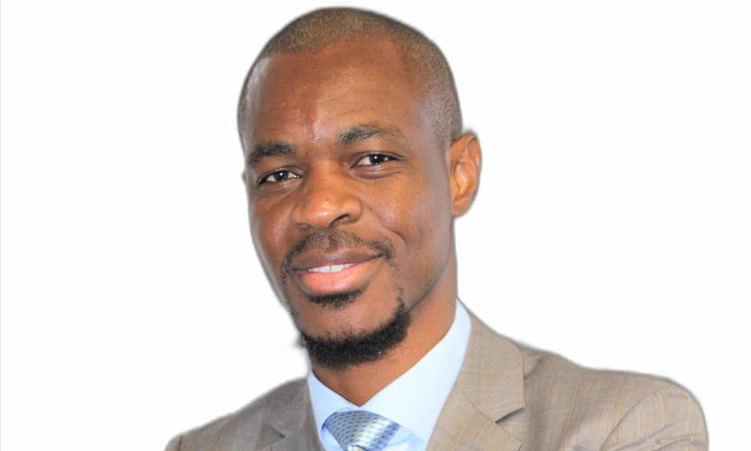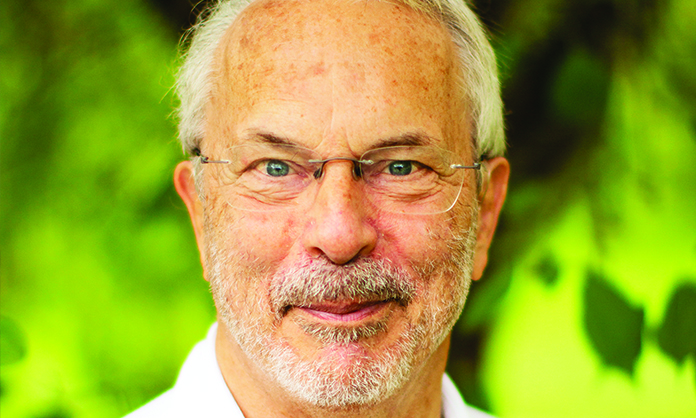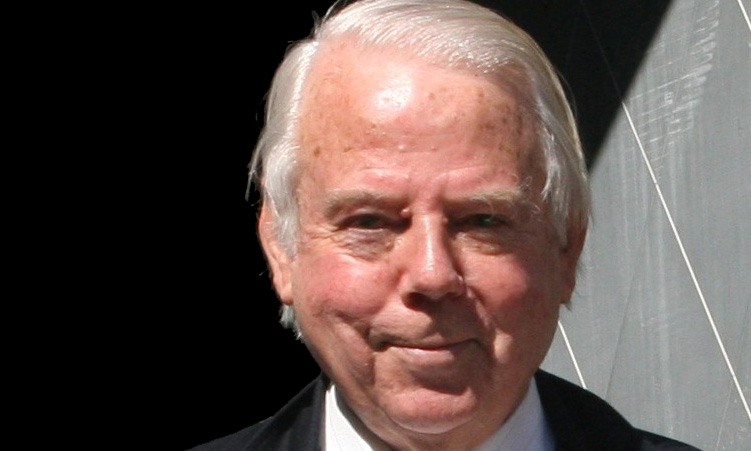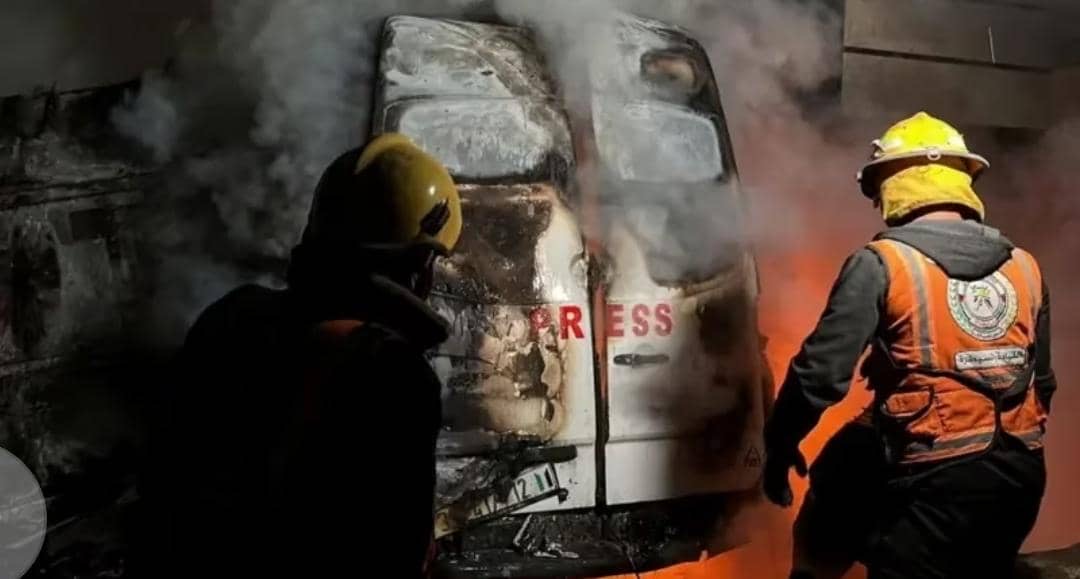…says some new street names too long
A Namibian lawyer of German descent, Andreas Vaatz, has criticised the City of Windhoek for “attempting to erase German history” by renaming colonial-era street names.
The city launched the naming and renaming process of 17 streets in Windhoek on Thursday last week.
Vaatz says the process is “unnecessary”.
He says while communities consist of various groups, including German, Afrikaans, Nama and Owambo people, Europeans are excluded.
“At the moment, the Europeans are not considered at all. All German names are being removed […] and that is discriminating against the German community which is contributing very heavily to make Windhoek what it is,” Vaatz told Desert Radio on Monday.
He said the renaming of streets would cause confusion as street maps would not reflect this.
“For that reason it is not desirable to change street names. It is unfair to members of the public who must orient themselves to new street names,” Vaatz said.
He said the municipality should instead focus on naming new streets instead of renaming existing streets.
He suggested setting up monuments to remember significant figures, historical or otherwise, instead of naming streets after them.
Vaatz objected to the removal of the Curt von François monument and the renaming of Bismarck Street in Windhoek to Simeon
Shixungileni Street. He said names such as ‘Simeon Lineekela Shixungileni’ are too long for a street name.
“It does not serve the purpose to have such a long name,” Vaatz said.

‘HISTORIC SIGNIFICANCE’
City of Windhoek chief executive Moses Matyayi says the naming and renaming of streets is done within the ambit of the Local Authorities Act.
Residents are made aware of this through notices and the media, he says.
“The significance of this cannot be underscored. Generations to come will remember the historic significance of what this specific person of stature has contributed to the development of the country,” Matyayi says.
He highlights the need for evolution, adding that Namibia’s history is largely shaped by the atrocities committed by colonial figures.
“You cannot ignore that certain things need to change in order to resonate with the current state of affairs. This is because to a greater extent, certain names were names of people who perpetuated and definitely advocated heinous acts to be committed against a specific race,” Matyayi says.
“A lot of things need to be considered to decide whether those names should be relevant in this specific day and time. Maybe it was appropriate at that time, the person may have been a hero to some people, but that is not necessarily relevant today,” he says.
‘PRESERVING REMINDERS’
Political commentator Henning Melber says Vaatz’s stance reflects a desire to preserve reminders of German colonialism in the public and cultural life of places like Windhoek.
“The argument that renaming streets would eliminate the German past is ridiculous. This past remains present through the country’s architectural remnants, but more importantly, through the German-speaking descendants and the German language and culture, which remain everyday, at times even prominent, features,” Melber says.
He says neither the Windhoek Carnival (Wika) nor the Oktoberfest, or other forms of German identity, such as the German radio programme of the Namibian Broadcasting Corporation, German private schools, the publication of German books, or a daily newspaper, are at risk of extermination.
“They remain an integral part of Namibian society and are fully accepted. This is what matters much more than the names of streets,” Melber says
He says the renaming of streets is a common feature in any given society, pointing out that after the Nazi-regime, Germany removed monuments and renamed public places.
“Renaming continues in Germany and more recently street names of protagonists of brutal forms of German colonialism were replaced by names of Africans resisting colonial rule.
“In Berlin an initiative seeks to name a street after Nora Schimming-Chase, as just one recent example,” Melber says.
He says Vaatz’s argument that indigenous Namibian names may be difficult to pronounce for non-native speakers reveals a Eurocentric perspective.

“I am sure that many of the German names were not easy to pronounce by the local population. The public sphere in each society, especially when being democratic and oriented towards normative values such as human rights and social justice, reflects to some extent the dominant values of the day and by doing so addresses past injustices also symbolically – as the renaming of streets,” Melber says.
He says there is nothing wrong with renaming streets as long as the new names reflect the social and historical panorama in all its diversity.
“It is therefore a most welcome symbolic gesture to rename two streets in memory of former detainees,” Melber says.
Several streets in Windhoek have been renamed in honour of prominent individuals.
Johann Albrecht Street in Windhoek North will be known as Gaob Dr Justus //Garoëb Street, paying tribute to the veteran Damara traditional leader and former member of parliament.
Jordan Street in Pionierspark will bear the name of Roman Catholic archbishop Bonifatius Haushiku, while new streets in Auasblick Extension 1 will be dedicated to Jason Mutumbulua and former ombudsman Fanuel Kozonguizi.
In Rocky Crest, streets will be named after anti-colonial leader Jakob Marengo, /Khomanin traditional leader Josephat Gawa-!Nab, chief Kamatuara Kukuri, anti-apartheid lawyer and judge Bryan O’Linn, Simon Sizingi Hiskia, Frans Kambangula, Karl Kazondunge and Festus Kamburona.
Additionally, a new street in Elisenheim will honour bishop Hendrik Frederik and in Katutura, Sin Street in Dolam will be renamed Ulrich Paulino Street and Dam Beach Street at Goreangab will become John Kambangula Street.
Lastly, Hennie Laubscher Street in Olympia will be renamed General Karel Ndjoba Street.
Stay informed with The Namibian – your source for credible journalism. Get in-depth reporting and opinions for
only N$85 a month. Invest in journalism, invest in democracy –
Subscribe Now!






